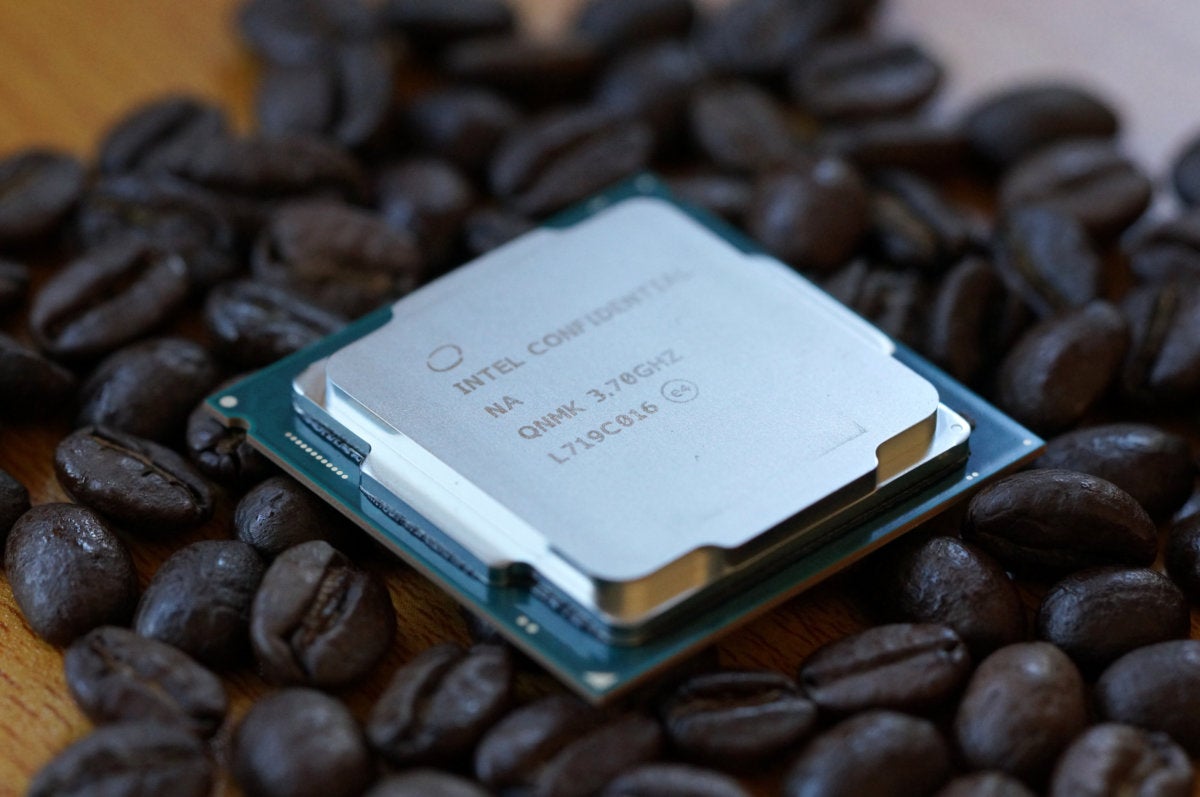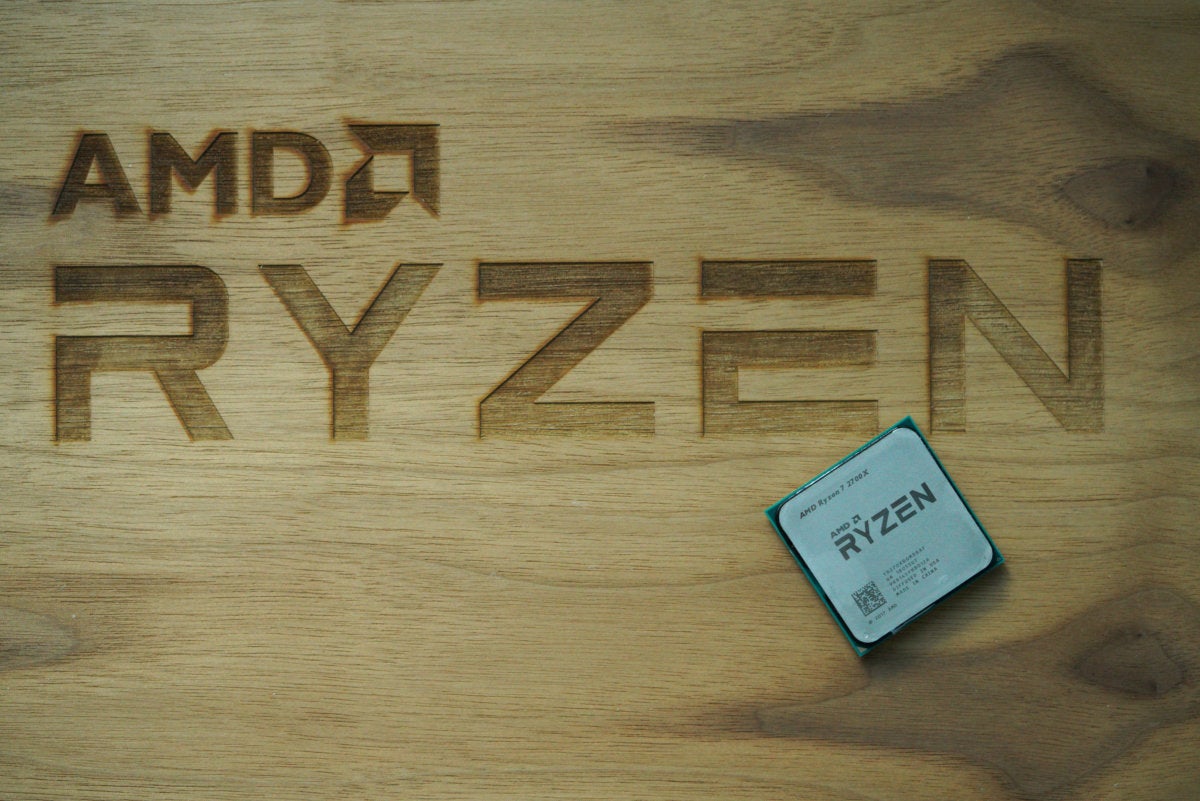A new operating system incompatible with older hardware—you’d assume it’s the launch of a new MacOS version, right? Not this time. Windows users are now in the same boat as Apple fans, as Microsoft has made Windows 11’s hardware compatibility much stricter.
Unlike previous generations of the operating system, Windows 11 tacks on tougher security requirements, like the presence of a Trusted Platform Module 2.0 and the ability to use Secure Boot. It also only works on specific processors that cleared for the next era of Windows.
If you’re curious whether your chip made the cut, you can check. To make it easier, we dug in and pulled out the most commonly found CPUs on the list, which you’ll see below.
Is your processor not called out as compatible? You can install Windows 11 on an unsupported PC, but be aware doing so disables Windows Updates.
Intel CPUs compatible with Windows 11
At the moment, Intel processors compatible with Windows 11 date back to mid-2017 and no earlier. Think 8th-generation CPUs and beyond. Microsoft has the full rundown on its site, which includes Pentium, Celeron, and Xeon chips. For ease of scanning, we’ve culled that list to a handful of the common mainstream consumer processors from each generation.
Update 8/27/2021: Microsoft has announced the addition of Intel Core X-series, Xeon W-series, and the Intel Core 7820HQ (found in the Microsoft Surface Studio 2) to its compatability list. We’ve added the specific Core X models below.
Intel 8th generation (Coffee Lake, Whiskey Lake, Amber Lake)
Desktop
- Core i3-8100
- Core i5-8400
- Core i5-8600
- Core i5-8600K
- Core i7-8700
- Core i7-8700K
- Core i7-8086K
Mobile
- Core m3-8100Y
- Core i5-8200Y
- Core i3-8130U
- Core i3-8145U
- Core i3-8100H
- Core i5-8250U
- Core i5-8250U
- Core i5-8400H
- Core i7-8650U
- Core i7-8665U
- Core i7-8750H
Intel 9th generation (Coffee Lake Refresh)
Desktop
- Core i3-9100
- Core i5-9400
- Core i5-9600
- Core i5-9600K
- Core i7-9700
- Core i7-9700K
- Core i9-9900
- Core i9-9900K
Intel 10th generation (Comet Lake, Ice Lake, Amber Lake, Cascade Lake)
Desktop
- Core i3-10100
- Core i5-10400
- Core i5-10600
- Core i5-10600K
- Core i7-10700
- Core i7-10700K
- Core i9-10900
- Core i9-10900K
Mobile
- Core i3-10100Y
- Core i3-10100U
- Core i5-10210U
- Core i5-10200H
- Core i5-10400H
- Core i7-10510U
- Core i7-10710U
- Core i7-10750H
- Core i7-10850H
- Core i9-10980HK
Core X (Enthusiast Desktop)
- Core i9-10900X
- Core i9-10920X
- Core i9-10940X
- Core i9-10980XE
Intel 11th generation (Tiger Lake, Rocket Lake)
Desktop
- Core i3-11100
- Core i5-11400
- Core i5-11600
- Core i5-11600K
- Core i7-11700
- Core i7-11700K
- Core i9-11900
- Core i9-11900K
Mobile
- Core i3-1115G4
- Core i5-1135G7
- Core i5-11300H
- Core i7-1165G7
- Core i7-1185G7
- Core i7-11375H
AMD CPUs compatible with Windows 11
Currently, AMD processors approved for Windows 11 date back to 2018. For the most part, that covers 2nd gen Ryzen (Zen+) CPUs and beyond. Microsoft has the full list on its site, which includes Athlon and Epyc chips, but for ease of scanning, we’ve culled it down to the most common mainstream consumer processors from each generation.
We did find a few curious omissions from the full rundown. At the time of publication, the 3300X, 4600HS, and 5900H were missing.
Update 8/27/2021: Microsoft has said that after analyzing their performance in Windows 11, AMD’s first-generation Ryzen processors (“Zen”) won’t be supported. The company’s reasoning can be found in its Windows Insider blog post detailing the news.
AMD Ryzen 2000 series (Zen+)
Desktop
- Ryzen 3 2300X
- Ryzen 5 2600
- Ryzen 7 2700
- Ryzen 7 2700X
- Ryzen Threadripper 2920X
- Ryzen Threadripper 2950X
- Ryzen Threadripper 2970WX
- Ryzen Threadripper 2990X
AMD Ryzen 3000 series (Zen 2, Zen+*)
Desktop
- Ryzen 3 3100
- Ryzen 5 3600
- Ryzen 7 3700X
- Ryzen 9 3900
- Ryzen 9 3900X
- Ryzen 9 3950X
- Ryzen Threadripper 3960X
- Ryzen Threadripper 3970X
- Ryzen Threadripper 3990X
- Ryzen Threadripper 3995WX
- Ryzen 3 3200G*
- Ryzen 5 3400G*
Mobile**
- Ryzen 3 3300U
- Ryzen 5 3500U
- Ryzen 5 3550H
- Ryzen 7 3700U
- Ryzen 7 3750H
AMD Ryzen 4000 series (Zen 2)
Desktop
- Ryzen 3 4300G
- Ryzen 5 4600G
- Ryzen 7 4700G
Mobile
- Ryzen 3 4300U
- Ryzen 5 4500U
- Ryzen 5 4600H
- Ryzen 7 4700U
- Ryzen 7 4800HS
- Ryzen 7 4800H
- Ryzen 9 4900HS
- Ryzen 9 4900H
AMD Ryzen 5000 series (Zen 3)
Desktop
- Ryzen 5 5600X
- Ryzen 7 5800X
- Ryzen 9 5900X
- Ryzen 9 5950X
Mobile
- Ryzen 3 5400U
- Ryzen 5 5600U
- Ryzen 5 5600HS
- Ryzen 5 5600H
- Ryzen 7 5800U
- Ryzen 7 5800HS
- Ryzen 7 5800H
- Ryzen 9 5900HS
- Ryzen 9 5900HX
- Ryzen 9 5980HS
- Ryzen 9 5980HX



